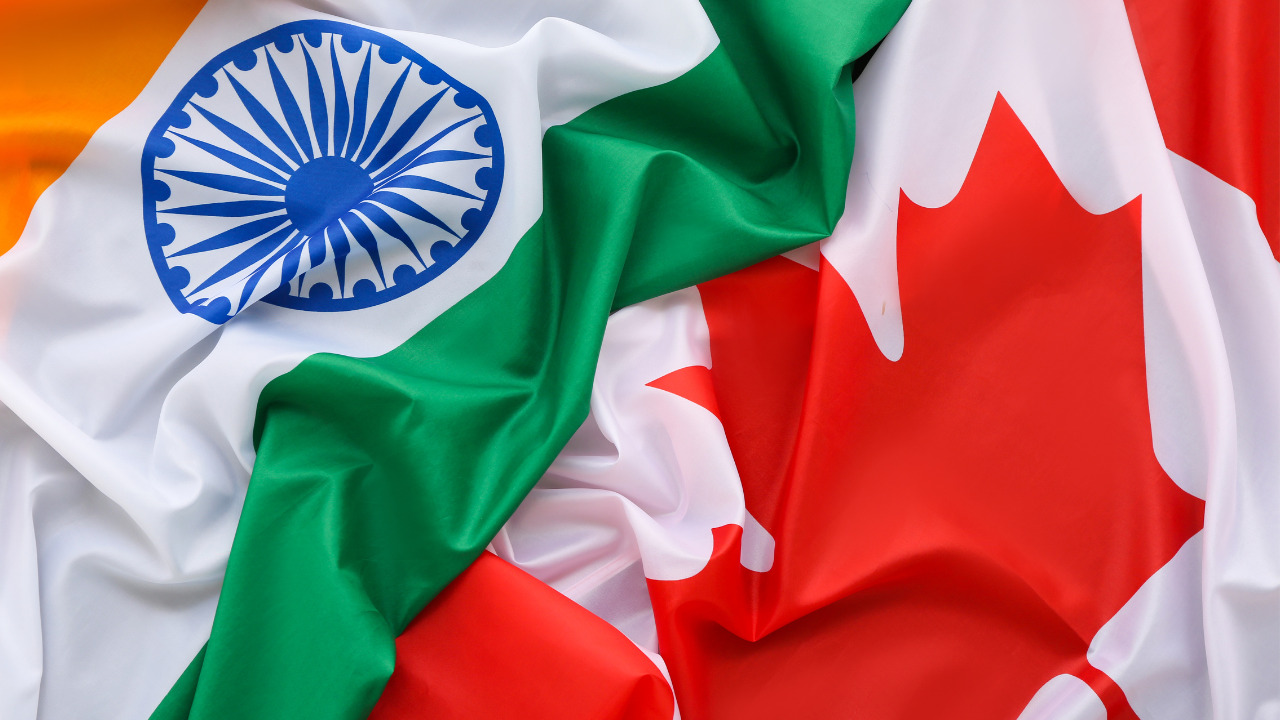Date first published: 28/09/2023
Key sectors: all
Key risks: civil unrest; trade disruptions
Risk development
On 18 September Canadian Prime Minister Justin Trudeau made an extraordinary claim of ‘credible allegations’ of Indian state involvement in the June killing of Canadian citizen Hardeep Singh Nijjar in the Vancouver suburb of Surrey. While Trudeau did not substantiate the allegations, it is difficult to believe that he would make such a statement without evidence.
Why it matters
The allegations have caused a rupture in Indian-Canadian relations. Commercial ties between the two countries were strengthening and talks over a trade agreement were progressing. Yet over the past two weeks, Canada expelled a senior Indian diplomat, believed to be a member of India’s foreign intelligence agency, the Research and Analysis Wing (RAW). India responded by expelling a Canadian diplomat and suspending visa services for Canadian citizens.
Canada may have hoped that the public claims would result in support from its traditional allies. However, the Biden administration has done little, likely worried that taking a stand would anger India and could radicalise Indian public opinion against further cooperation. Washington sees India as a vital partner to counter Chinese influence. India and the US have recently agreed to several deals on developing critical and emerging technology, such as quantum computing, that will help India compete with China in the Indo-Pacific. London is in an advanced stage of negotiations over a trade deal with Delhi, which limits its willingness to act. Even France sells too much to Delhi, the world’s largest importer of arms, to threaten that relationship. While if forced to take sides, most would likely support Ottawa, at this stage none look like they will push the issue.
Indian media coverage also highlights another issue with the dispute. Many struggle to see why India’s alleged killing would be different to the extra-territorial assassinations committed by Israel. Underlying that sentiment is that India does not think of Canada as a close or reliable partner and its relationship with Ottawa has always been less important to Delhi than its relationships with Washington, London, Paris and even Canberra.
Background
India has long-held problems with Canada’s treatment of Sikh separatists. Sikh demands for a separate state have largely quieted in India itself but the so-called ‘Khalistan movement’ remains relatively strong in Canada. Delhi repeatedly called for Canada to hand over Nijjar, who they claim was involved in a 2007 movie theatre bombing in Punjab and the 2009 murder of a Sikh Indian politician. Delhi has claimed that Canadian inaction is due to its large Sikh population and that Trudeau is reliant on Sikhs for support.
Risk outlook
It is possible that Canadian-Indian relations will deteriorate further. Delhi could demand a formal apology or even downgrade relations. Prime Minister Narendra Modi appears to be gaining support because of the allegations. Trudeau for his part appears to be unpopular enough in Canada that he may lack the political power to get significant support from its allies.
The larger impact may be what it says about modern India. If India did kill a Canadian citizen in a Western state, that is an act that has little precedence. It is possible such a decision would be taken without the authorisation of the Indian government, although regardless, it highlights that India is willing to be more assertive given its growing international power.

